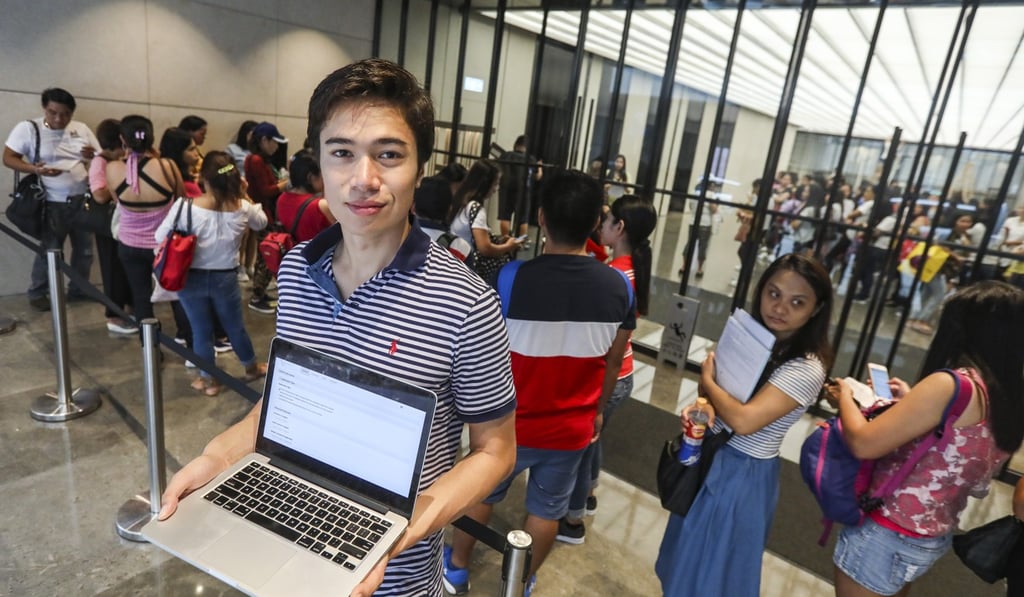Why Philippine consulate’s new tracking system is unsettling Hong Kong employment agencies
- Its developer says the new system, set to be introduced before the end of this year, will enhance efficiency and allow better protection of workers
- But Manila is under pressure by a group of agencies in the city, who fear the effects of the revamped employment database

A group of Hong Kong employment agencies has written to Manila to complain about a new digitised system being introduced by the Philippine consulate’s labour office in the city, and accuse the outgoing labour attaché of a conflict of interest.
But the founder of the company responsible for revamping the labour office’s database – which stores domestic workers’ information, and tracks employers and employment agencies – says it will improve efficiency and allow the Philippine government to better protect its citizens.
“If you are a bad actor – I am not saying these agencies are – of course you will be concerned. Some who have gotten away with the current status quo may be petrified by any change,” said Jaime Deverall, CEO of social enterprise Polaris Tools, which is developing the new system.
“All we are doing is introducing a system that will allow [the Philippine Overseas Labour Office] to do its work more effectively and better protect the workers … Bad agencies will be more easily exposed and good agencies will be rewarded. Agencies will also benefit from a much faster processing of the contracts.”

The same unnamed group of agencies also accused Jalilo Dela Torre, the outgoing Filipino labour attaché, of disclosing information from employers and workers to the Fair Employment Agency.